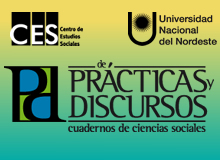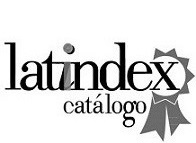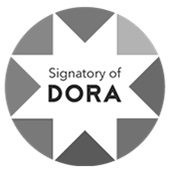From the right to work to the commodification of inclusion: rhetoric and programmatic in social policies
DOI:
https://doi.org/10.30972/dpd.12206970Keywords:
políticas sociales, mercantilización, consumoAbstract
In Latin America, the implementation of inclusion and labor training policies expanded along with the processes of precariousness, segmentation and deterioration of the labor markets. However, its execution is filled with rhetoric referring to individual progress and collective well-being; pieces of a humanitarian staging that blurs the ideological parameters that guide them and their social incidence. It is against this framework of interpellation that we propose an interpretative counterpoint, marking the processes of commodification in social policies. Starting from a first image of the Argentine labor scenario, we will refer to the main work program that is applied in the province of San Luis to specify certain strategic relationships promoted by the State/market association. This problematizes the objectives of the fight against poverty, challenging the government's claims about work as a right and development as a future well-being; and in particular, it enables a new meaning to be given to its consequences as a part of the expanded circuits of capitalist accumulation, ultimately associated with plunder through consumption and the capitalization of bodies through work. The analysis is based on documentary records, as well as interviews conducted with technicians and beneficiaries of the policy between the years 2007 to 2021.
Downloads
Published
Versions
- 2023-11-07 (3)
- 2023-11-07 (2)
- 2023-11-06 (1)
How to Cite
Issue
Section
License

This work is licensed under a Creative Commons Attribution-NonCommercial 4.0 International License.
La Revista De Prácticas y Discursos. Cuadernos de Ciencias Sociales solicita sin excepción a los autores una declaración de originalidad de sus trabajos, esperando de este modo su adhesión a normas básicas de ética del trabajo intelectual.

Este obra está bajo una licencia de Creative Commons Reconocimiento-NoComercial 2.5 Argentina.






52.jpg)


.png)




